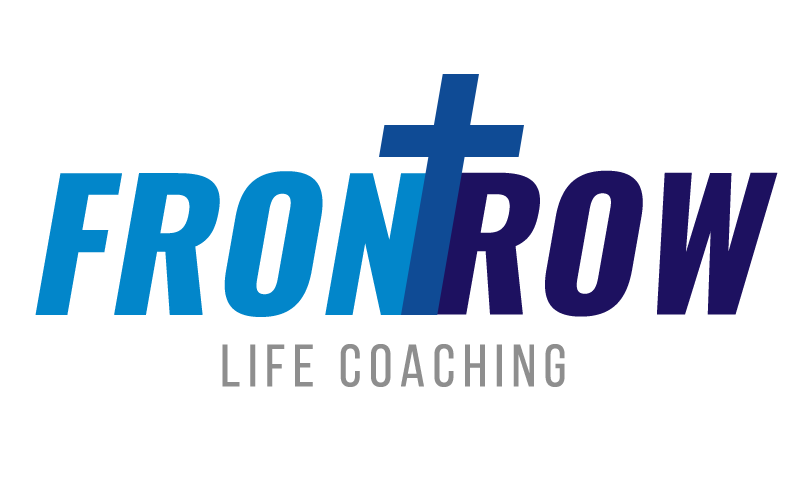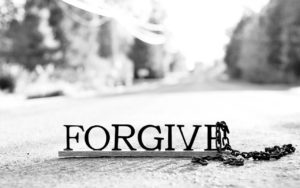Step 1: We admitted we were powerless over the effects of our separation from God—that our lives had become unmanageable. (The 12 Steps: A Spiritual Journey)
The traditional understanding of Step 1 is that the addiction I am struggling with is the reason that life is unmanageable. I have become convinced that the relationship between my addiction and unmanageability is actually reversed. My life is not unmanageable because I am an addict, BUT I am an addict because my life is unmanageable.
I began experiencing the pressures of all the things in my life that were beyond my ability to manage long before I knew anything about alcohol or drugs or pornography. I would object to something that didn’t seem fair to me and the response was “life isn’t fair; get used to it.” On another occasion, I would hear, “If you can’t say something nice, don’t say anything at all.” Or I would hear, “If you want to whine about something, I’ll give you something to whine about.”
While I recognize that my complaints weren’t always appropriately(read respectfully) expressed or said at a time that my parents could respond, the unintended consequences were many. I learned that what I was feeling didn’t matter. I also learned that I didn’t really have a voice that could be heard. I learned then to go silent. I learned to isolate when I had things to say, but didn’t think they would be heard. I remember one evening as a boy going onto our screened in porch to hold and pet our dog because I didn’t think there was anyone else who would take care of me.
I began using those strategies as a way of coping with the other things in my life that were outside of my control . . . unmanageable. I was not in control of my daily schedule. I did not have control over my parents’ choices in raising me. I was not in charge of the schedule that I was forced to live in school—starting in elementary school. I was not in charge of the people that lived in my neighborhood or attended my school; I couldn’t handle the bully that intimidated me or the classmate that embarrassed me when I didn’t know the right answer.
So I began with acting in strategies and graduated to acting out strategies when I grew older. This was the way that I managed the “unmanageables” of my life.
The traditional understanding of the relationship between addiction and the unmanageable life leads to the conclusion that when I am no longer an addict, my life will be manageable. The hard reality is that there will still be many features of life that are beyond my ability to manage. I can’t control the stresses that my wife experiences at work that make her job difficult. I can’t manage my children’s lives as they struggle with employment and life choices. I can’t manage the driving habits of the others who share the road with me and I am inclined to blameshift the reasons for being late to them. The choice of acting in and acting out strategies still seems appealing on a daily basis.
I struggle to admit that I can’t manage life myself. But I am beginning to put together several important truths that help me in my struggle. First, I do believe that I need a Savior. Jim Phillis cannot fix Jim Phillis from being Jim Phillis. The dimensions of the salvation that I need are beyond my ability to estimate. I find new aspects of that salvation when I am paying attention. Also, the Bible teaches me that I have been placed in the Church—the community of the saved and the God intends that we will be vitally involved in each other’s lives as we live out the promises and provisions of the Gospel. Living in transparent interdependence is frightening, yet exactly what the Lord intends.
I am not expecting to experience a new manageable life. I am learning that recognizing my “unmanageables” is the greatest help in expressing my dependence upon my Savior and my interdependence upon my family of faith.





